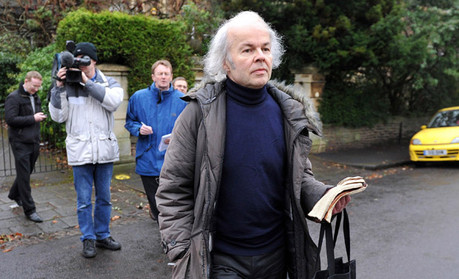The Financial Times is reporting that the launch of a Sunday newspaper “to replace the News of the World” has been delayed due to the arrests of News International journalists at the weekend.
On Saturday (28 January), four current and former Sun journalists were arrested by officers working on Operation Elveden, the Met team looking into illegal payments to police.
The FT reports that a launch date of 29 April had “been set in stone”. Journalism.co.uk heard late on Friday, the day before the arrests, that the launch date had been brought forward.
The insiders said that managers of News International had decided that the adverse publicity surrounding the arrests and the suspension of the four journalists while police inquiries were going on would hamper any possible launch of a new title, which earlier reports said would be called the Sun on Sunday.
The article includes a comment from anonymous insiders, plus an interview with former chief reporter at the News of the World Neville Thurlbeck.
Mr Thurlbeck said that an internal group, the management and standards committee, set up at the direction of Rupert Murdoch to co-operate with a police investigation into phone hacking at the News of the World, had handed over so much material that it had lost control of the situation.
“The staff [of the Sun] have lost trust in their own management because they [the MSC] don’t believe that they know what is contained in the material that the police now have.”
The FT adds that News International declined to comment.
The full Financial Times article is at this link [part-paywall].

